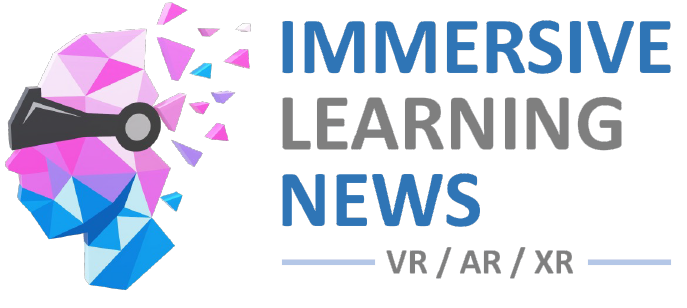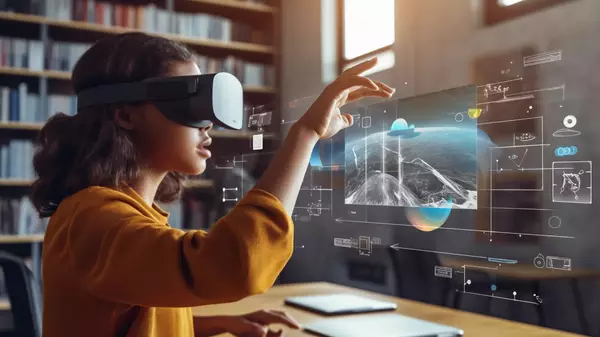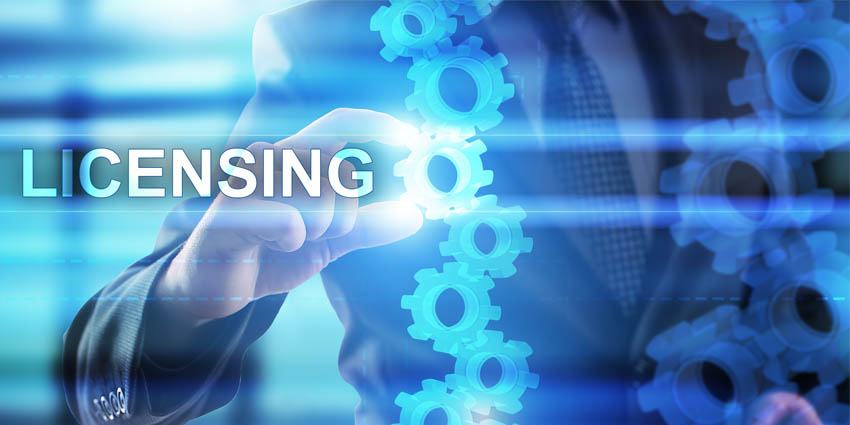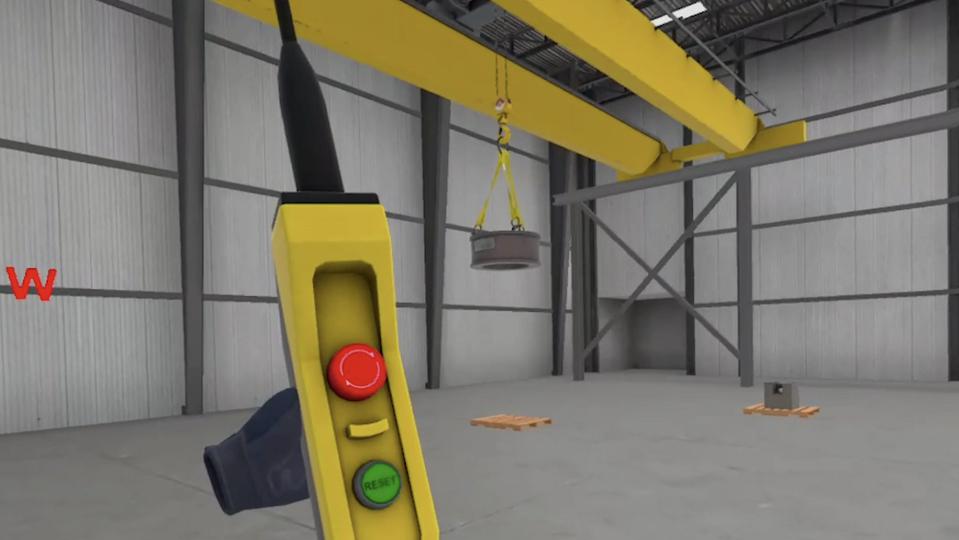Virtual Reality (VR) is changing the way we interact with the world around us. Extended reality headsets such as the Apple Vision Pro and Meta Quest 3 allow us to truly put a digital layer over our physical environment. One of many use cases which has evolved the past years is VR training. In this blog we will focus on the impact these trainings can have on education and the (operational) workforce.
VR stands as a game-changer, offering immersive and effective learning experiences. Embracing VR learning is not just about keeping up with time, it’s about revolutionizing how we educate and train for success in both academic and operational environments.
Enhancing Education Through VR Learning
In education, VR is changing how students study and it opens up new opportunities through engagement and new ways of comprehension. Imagine a future where students can explore the solar system from their classroom, or step into historical events to witness them firsthand such as in the video by META in the video above. VR allows abstract concepts to become experiences, creating a deeper understanding. Although at first thought you might believe we are still far away from this becoming reality the technology is closer than you might think.
Empowering Operational Excellence with VR Training
Beyond education, VR training is transforming how organizations train their (operational) staff. From soft to technical skills, VR simulations offer a safe and cost-effective environment for employees to practice and refine their abilities. Furthermore, VR training provides a safe space without exposure to dangerous situations in contrast to real life simulations. In addition, research by PwC shows that people trained using VR tech require less time to understand concepts.
For instance, customer service representatives can undergo simulated scenarios to enhance their communication skills, while engineers can troubleshoot complex machinery in a virtual environment. For learning and development managers, implementing VR training programs not only improves employee performance but also reduces training costs and minimizes on-the-job errors.
Benefits of VR Learning:
- Immersive Engagement: VR learning captivates learners’ attention and promotes active participation through immersive simulations and interactive experiences.
- Higher confidence in applying what was learned: VR-trained learners were 275% more confident when acting on learned theory and 2.5 times more confident in talking about said topics.
- Accessibility: VR learning breaks down barriers, enabling access to education and training at every location in the world.
- Cost-Effectiveness: VR training eliminates the need for expensive equipment and facilities, reducing training costs while maintaining effectiveness.
- Real-World Application: VR simulations provide realistic scenarios that closely mimic real-life situations, allowing learners to apply knowledge and skills in both practical and operational scenarios.
- Increased user skill: Game-based instruction has more impact than simulation-based instruction
Embrace the Future with VR Learning
Learning and development managers and educational decision-makers, it’s time to embrace the transformative potential of VR learning. By integrating VR technology into educational and training programs, we can activate learning in ways previously unimaginable.
Let’s improve education and workforce training together, paving the way for a brighter and more innovative future. Join the VR learning revolution and empower your students or colleagues to thrive in the digital age.
Quelle:




